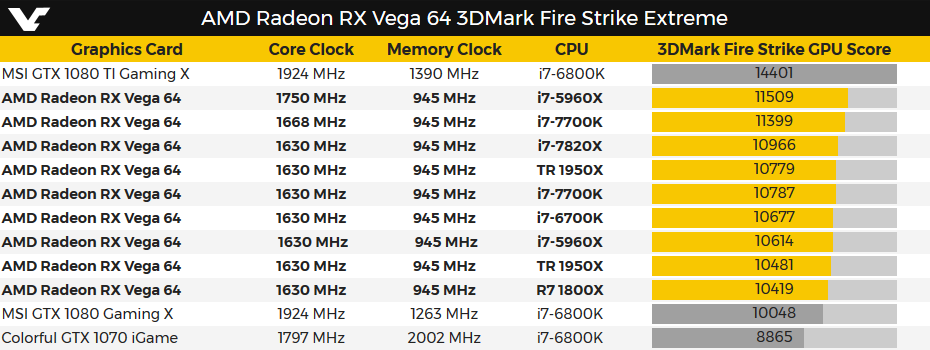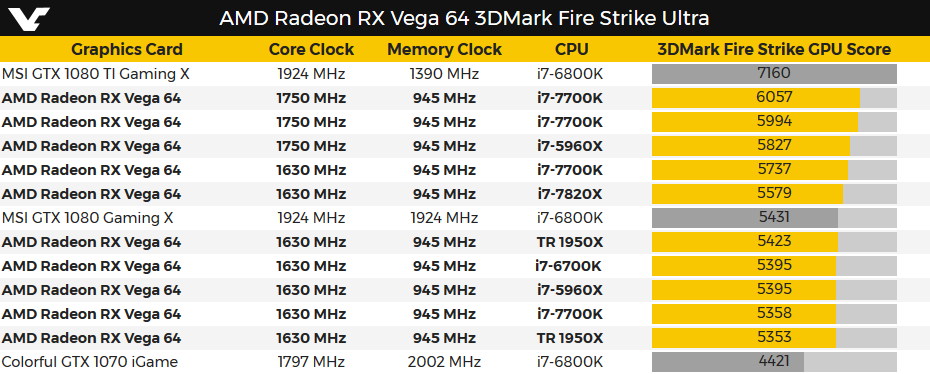You're obsessing too much about overclock vs 'stock' boost performance. The MSI Gaming X runs 11% (1924MHz vs 1733 MHz) higher than nvidias official boost clock speed because nvidia wants you to feel special about your precious "highly" overclocked, custom 3d party card.
In truth all cards are build with overclocking in mind (today), even Founder or Frontier Editions. Consumers expect to be able to oc and companies sell them exactly that: "Get your free performance upgrade people, you're able to get 10-15% over official specs! FOR FREE" But in truth it is calculated. They know what they are selling to their consumers, it doesn't matter if it is an AMD or Nvidia card. Modern cards overclock rather nice, because that's what consumers want.
So far I've not encountered one single 1080 that isn't able to at least hit 1950MHz (+13% higher than official boost clock). Moderate cards are able to hit 2000 - 2038 MHz (+17%), good cards 2038-2063 (+19%) MHz and very good card 2075-2101 MHz (+21%). Certain cards can also be flashed with an unlocked bios that can apply consistent 1.25V to the core. You can go up to ~2300 MHz on that, but temperatures become rather higher and water-cooling becomes necessary. Volt modding is the next step after that, but that's for pros.
Long story short: It doesn't matter if a custom 1080 is running 11% over nvidias official specs. What matters is the fact that the silicon is able to run at such clockspeeds on average. The same will apply to RX 64. The official boost clock speed is just 1546 MHz, but even the infamous Vega FE is able to run higher than that. I expect good custom designs from MSI, Sapphire, Asus (etc.) to reach at least 1650 MHz with some cards being able to push for 1730 MHz. The average OC will probably be around 1680-1700 MHz, which will be the "free +10% performance if you buy a "high end" 3d party card and overclock. But don't tell anybody about it, overclocking is a big secret and AMD don't want you to reach 1700 MHz on your Vega.







